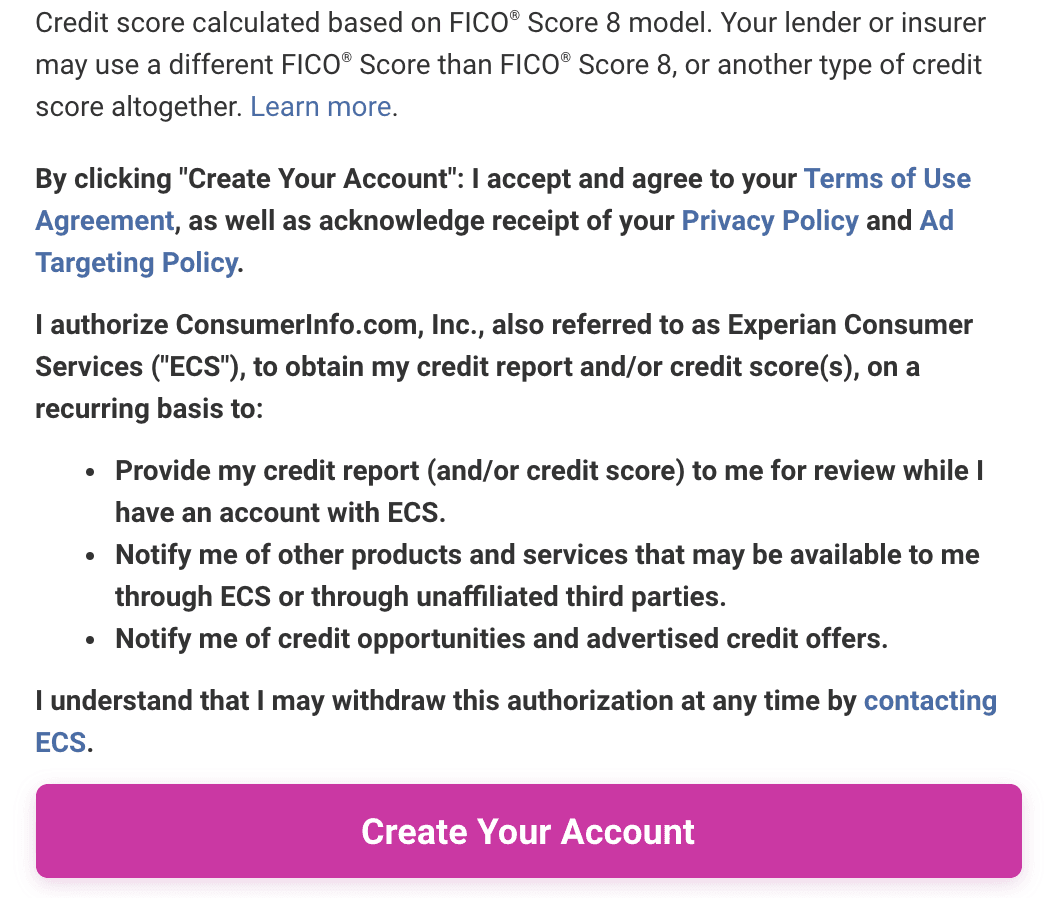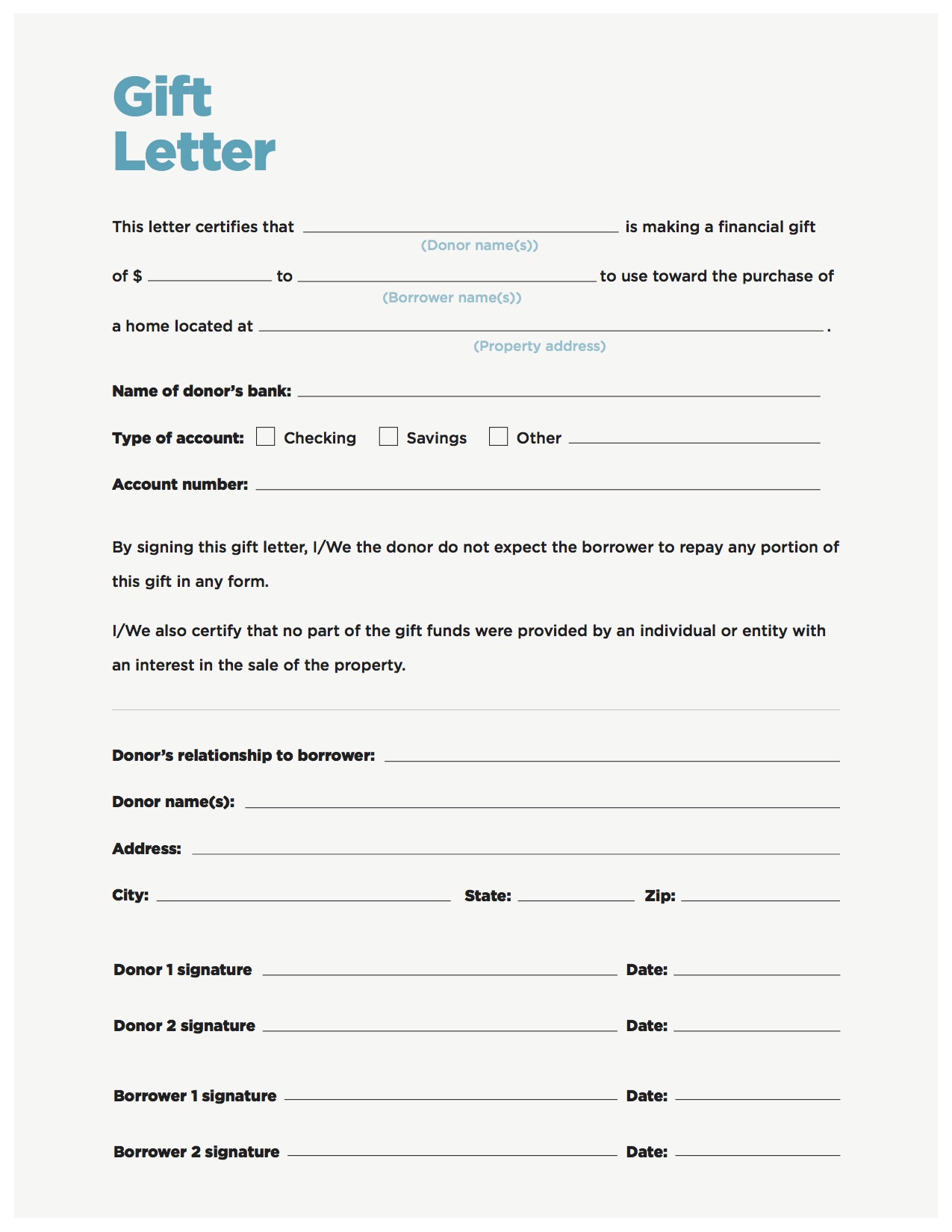Property-related costs consist of: real estate (home) taxes; energies; homeowner's (sometimes described as "HOA" charges) and/or apartment association fees; property owner's insurance coverage (likewise described as "hazard" insurance); and flood insurance coverage premiums (if suitable). Preserve the property's condition. You must maintain the condition of your home at the same quality as it was kept at the time you got the reverse mortgage loan.
You are needed to license this on an annual basis. Your reverse mortgage servicer can help you comprehend your choices. These may consist of: Payment Strategy Used to repay property-related expenses paid on your behalf by your reverse mortgage servicer. Generally, the amount due is spread in even payments for up to 24 months.
e., discovering you incomes or monetary assistance), and deal with your servicer to fix your scenario. Your servicer can provide you with more details. Refinancing If you have equity in your house, you might qualify for a brand-new reverse home loan to settle your existing reverse mortgage plus any past-due property-related expenditures.
Paying Off Your Reverse Home mortgage If you wish to stay in your house, you or a successor might decide to settle the reverse mortgage by getting a brand-new loan or finding other funds. Deed-in-Lieu of Foreclosure To avoid foreclosure and expulsion, you may choose to finish a Deed-in-Lieu of Foreclosure.
Some moving help may be readily available to assist you gracefully exit your home (how do bad credit mortgages work). Foreclosure If your loan enters into default, it https://www.bloomberg.com/press-releases/2019-08-06/wesley-financial-group-provides-nearly-6-million-in-timeshare-debt-relief-in-july might become due and payable and the servicer might begin foreclosure procedures. A foreclosure is a legal process where the owner of your reverse home mortgage obtains ownership of your property.
6 Simple Techniques For How Do Collateralized Debt Obligations Work Mortgages
Your reverse home mortgage business (likewise referred to as your "servicer") will ask you to license on an annual basis that you are residing in the property and preserving the residential or commercial property. In addition, your home mortgage business might advise you of your property-related expensesthese are responsibilities like real estate tax, insurance payments, and HOA costs.
Not satisfying the conditions of your reverse home loan may put your loan in default. This indicates the home loan business can require the reverse home mortgage balance be paid in complete and may foreclose and offer the property. As long as you live in the home as your primary house, preserve the house, and pay property-related costs on time, the loan does not need to be paid back.
In addition, when the last surviving customer dies, the loan ends up being due and payable. Yes. Your estate or designated heirs might keep the property and satisfy the reverse home loan financial obligation by paying the lower of the home loan balance or 95% of the then-current assessed value of the house. As long as the home is sold for at least the lesser of the home mortgage balance or 95% of the current assessed value, for the most part the Federal Real estate Administration (FHA), which insures most reverse home mortgages, will cover quantities owed that are not fully paid off by the sale proceeds.
Yes, if you have provided your servicer with a signed third-party permission document authorizing them to do so. No, reverse home mortgages do not permit co-borrowers to be added after origination. Your reverse home loan servicer may have resources offered to help you. If you have actually connected to your servicer and still require support, it is highly recommended and motivated that you contact a HUD-approved housing counseling agency.
In addition, your counselor will have the ability to refer you to other resources that may assist you in stabilizing your spending plan and retaining your home. Ask your reverse home loan servicer to put you in touch with a HUD-approved therapy company if you're interested in consulting with a housing therapist. If you are contacted by anyone who is not your home loan business providing to deal with your behalf for a fee or claiming you receive a loan modification or some other option, you can report the suspected scams by calling: U.S.
9 Simple Techniques For How Do Fixed Rate Mortgages Work
fhfaoig.gov/ ReportFraud Even if you remain in default, choices may still be readily available. As a very first step, contact your reverse mortgage servicer (the company servicing your reverse mortgage) and describe your circumstance. Depending on your scenarios, your servicer may be able to assist you repay your financial obligations or with dignity exit your home.

Ask your reverse home loan servicer to put you in touch with a HUD-approved counseling agency if you have an interest in speaking to a real estate therapist. It still may not be too late. Contact the company servicing your reverse home mortgage to learn your alternatives. If you can't pay off the reverse home mortgage balance, you may be qualified for a Brief Sale or Deed-in-Lieu of Foreclosure.
A reverse mortgage is a type of loan that provides you with money by tapping into your house's equity. It's technically a home loan since your home functions as collateral for the loan, but it's "reverse" due to the fact that the lender pays you rather than the other method around - how do second mortgages work. These home mortgages can lack a few of the flexibility and lower rates of other kinds of loans, however they can be a great alternative in the ideal circumstance, such as if you're never ever preparing to move and you aren't interested in leaving your house to your cancelling sirius heirs.
You do not have to make monthly payments to your loan provider to pay the loan off. And the amount of your loan grows with time, as opposed to shrinking with each monthly payment you 'd make on a regular home mortgage. The quantity of cash you'll receive from a reverse mortgage depends on three major factors: your equity in your home, the present rate of interest, and the age of the youngest customer.

Your equity is the distinction in between its fair market price and any loan or home loan you currently have against the home. It's typically best if you've been paying for your existing home loan over several years, orbetter yetif you have actually paid off that mortgage entirely. Older customers can get more cash, but you may want to prevent omitting your spouse or anyone else from the loan to get a higher payment due to the fact that they're younger than you.
More About How Canadian Mortgages Work
The National Reverse Mortgage Lenders Association's reverse mortgage calculator can help you get an estimate of just how much equity you can get of your home. The real rate and costs charged by your lender will most likely differ from the assumptions utilized, however. There are numerous sources for reverse home loans, but the House Equity Conversion Home Mortgage (HECM) available through the Federal Housing Administration is among the better options.
Reverse home loans and home equity loans work likewise in that they both take advantage of your home equity. One may do you simply as well as the other, depending on your needs, but there are some considerable distinctions as well. No monthly payments are needed. Loan must be paid back monthly.
Loan can only be called due if agreement terms for repayment, taxes, and insurance aren't met. Lender takes the residential or commercial property upon the death of the debtor so it can't pass to heirs unless they re-finance to pay the reverse home mortgage off. Residential or commercial property may have to be sold or re-financed at the death of the debtor to pay off the loan.